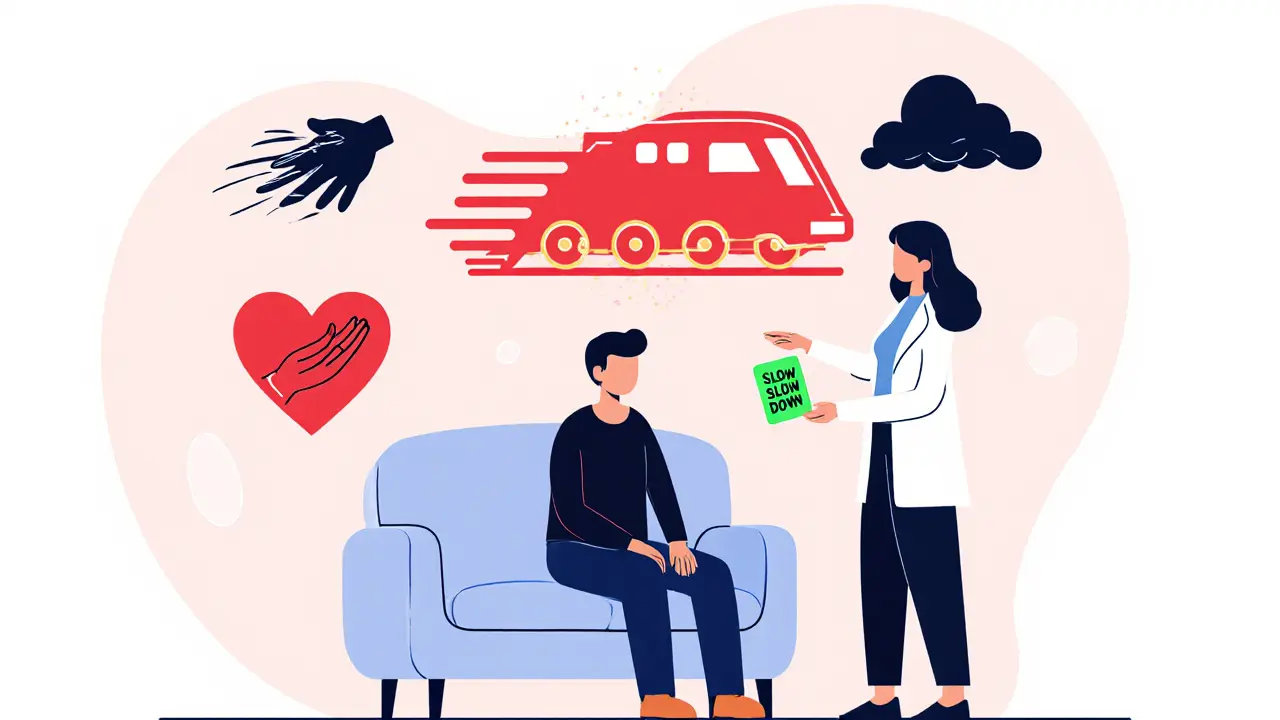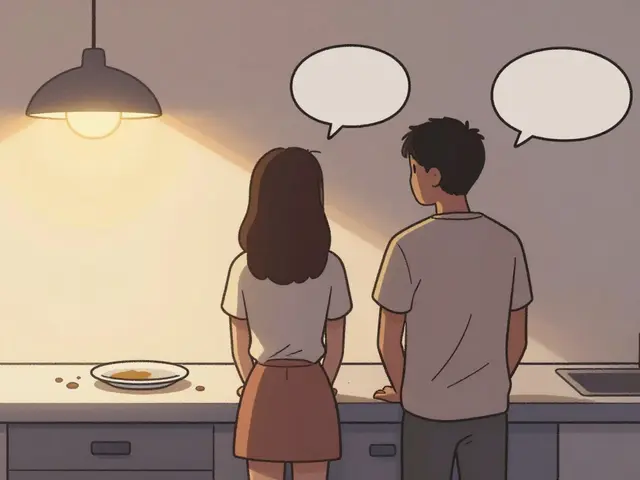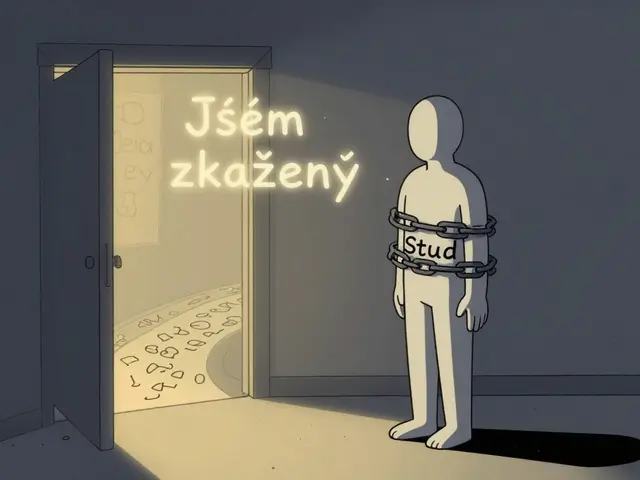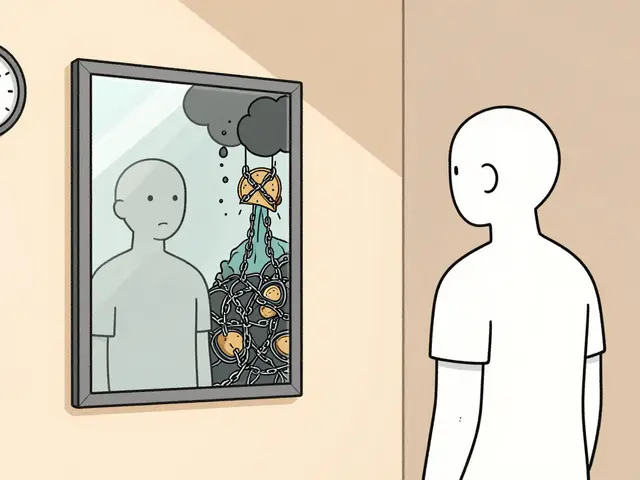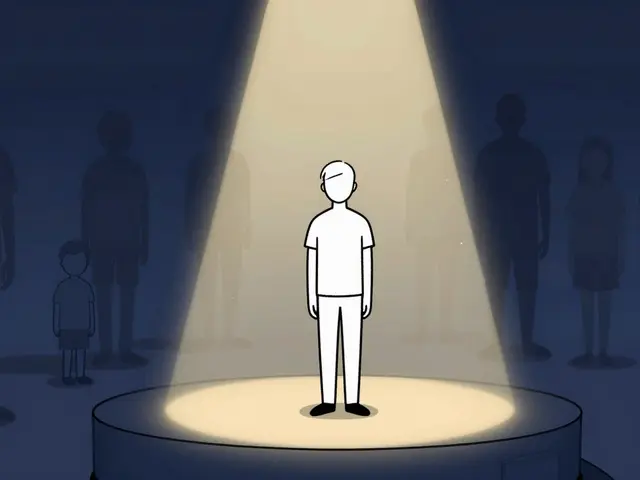Terapie příliš rychle: Kdy je rychlý začátek špatný a co skutečně potřebuješ
When you're in pain, you want it to stop now. That’s why so many people rush into terapie, psychologická podpora, která pomáhá lidem pochopit a změnit své vztahy, myšlenky a reakce. Also known as psychoterapie, it isn't a quick fix—it's a process that needs time to root. But when you’re drowning in anxiety, sleepless nights, or a broken relationship, the urge to jump into terapie příliš rychle, začít s terapií hned, aniž byste si dali čas na přípravu nebo výběr feels like the only way out. And that’s exactly when it can backfire.
Think of it like trying to fix a leaking roof during a storm. You might slap on a tarp, but if you don’t find the real crack, the water keeps coming. Same with therapy. If you start too fast—because you’re desperate, because your friend said it’s magic, because your boss told you to "get help"—you might end up in a session where you feel even more lost. The first meeting isn’t about solving your problem. It’s about figuring out if the therapist understands you, if you can trust them, and if their way of working matches your needs. Skipping that? You’re not saving time—you’re risking frustration, wasted money, and maybe even more shame.
Real change doesn’t happen in one session. It happens when you slowly start noticing patterns: why you react the same way in every argument, why you shut down when someone cares, why you keep choosing the same kind of partner. That takes space. It takes silence. It takes feeling safe enough to say, "I don’t know." And that safety doesn’t come from a quick referral or a discounted first session. It comes from being heard, not fixed. That’s why some of the most effective therapy starts with a pause—not rushing to the next step, but asking: "What do I actually need right now?"
And if you’re not sure whether you’re ready? That’s okay. You don’t need to have it all figured out. But you do need to know if you’re choosing therapy for yourself—or because you feel pressured. The best therapy doesn’t start with a plan. It starts with a question: "Can I talk to this person without being judged?" If the answer isn’t clear after the first email or call, keep looking. There are good therapists in Liberec. But not all of them are right for you.
In this collection, you’ll find real stories from people who’ve been there: how to write that first email without sounding desperate, what really happens in the diagnostic interview, why some therapists say no, and how to spot when therapy is moving too fast—or too slow. You’ll learn how to protect your progress, avoid common mistakes, and make sure your time and money actually lead somewhere. No fluff. No promises of miracles. Just what works—and what doesn’t—when you’re trying to heal, one step at a time.
Když se terapie rozjede příliš rychle: Jak zpomalit a stabilizovat proces
Když se terapie rozjede příliš rychle, může způsobit zhoršení symptomů, úzkost a přerušení léčby. Naučte se rozpoznat příznaky přetížení a jak zpomalit proces, aby terapie opravdu pomohla.
Zobrazit více